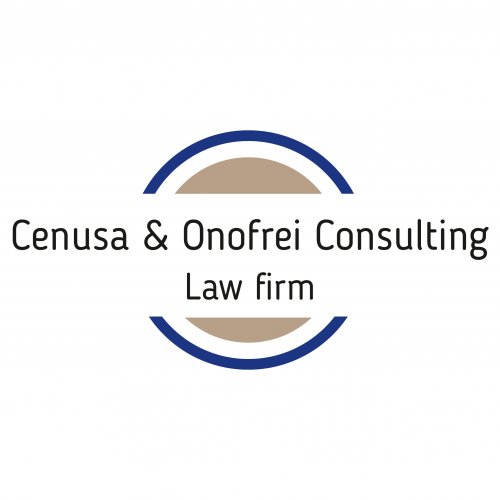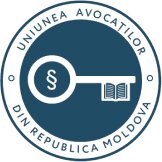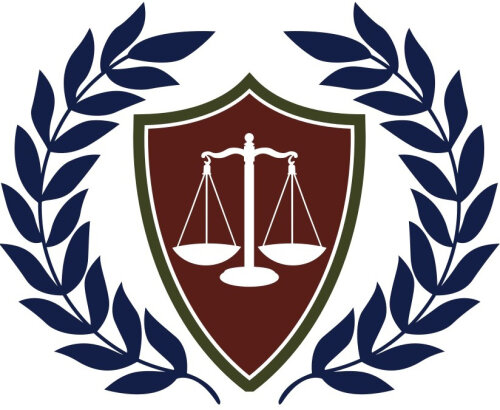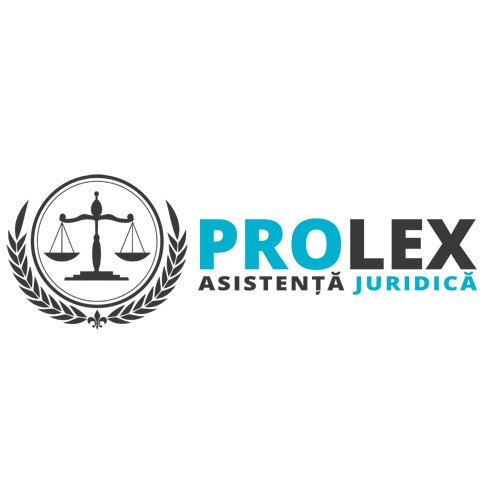Best Sanctions & Export Controls Lawyers in Chisinau
Share your needs with us, get contacted by law firms.
Free. Takes 2 min.
List of the best lawyers in Chisinau, Republic of Moldova
About Sanctions & Export Controls Law in Chisinau, Republic of Moldova
Sanctions and export controls refer to the regulations and restrictions that govern what goods, technologies, and services can be exported or imported from a country, often in line with international obligations or national security interests. In Chisinau, as the capital of the Republic of Moldova, such legal frameworks play a significant role in cross-border trade and compliance. Moldova’s approach is shaped both by its own national laws and its commitments to international bodies, including the United Nations and, in some cases, the European Union. The objectives of these laws are to prevent proliferation of weapons, combat terrorism, fulfill international agreements, and safeguard national interests.
Why You May Need a Lawyer
Navigating sanctions and export controls is complex, especially for businesses that engage in international trade. You may require legal support in situations such as:
- Understanding whether your goods or services are subject to Moldovan or international export controls.
- Responding to government inquiries or investigations related to sanctions compliance.
- Securing appropriate licenses or permits for exporting controlled goods.
- Reviewing contracts and business relationships to ensure they do not violate sanctions laws.
- Defending against allegations of violations, which can bring fines, loss of export privileges, or criminal implications.
- Adapting to frequently changing sanctions regimes, especially in light of global events.
A lawyer experienced in sanctions and export controls can help you avoid costly errors, maintain compliance, and protect your business interests.
Local Laws Overview
Sanctions and export controls in Chisinau, and across the Republic of Moldova, are overseen primarily by several official bodies. The key legal provisions include:
- The Law on Export Control of Strategic Goods (Law No. 1163-XIV of 26 July 2000), which establishes requirements for the export, re-export, and transit of controlled items.
- Government decisions and regulations that implement United Nations Security Council sanctions, including embargos or restrictions targeting specific countries, organizations, or individuals.
- Laws addressing the control of dual-use items, which are goods or technologies that can be used for both civilian and military purposes.
- Customs regulations that set procedures and documentation obligations for cross-border trade.
- Coordination with the National Agency for Regulation of Nuclear and Radiological Activities for items involving sensitive materials.
Businesses and individuals in Chisinau must ensure compliance with both Moldovan law and any relevant international sanctions or embargoes, particularly when connected to strategic goods, military technologies, or services that could have security implications.
Frequently Asked Questions
What are export controls?
Export controls are legal measures that regulate or restrict the export of certain goods, technologies, and services for reasons of national security, foreign policy, or international commitments.
Who is responsible for enforcing export control laws in Moldova?
Enforcement is shared by customs authorities, the National Agency for Regulation of Nuclear and Radiological Activities, and other agencies designated under Moldovan law.
What items are considered controlled or restricted?
Controlled items typically include military goods, dual-use products, sensitive technologies, and certain chemicals or substances that could have security or proliferation risks.
Do I need a license to export goods from Moldova?
If your goods are on the list of controlled or restricted items, you will likely need to obtain an export license from the appropriate Moldovan authority before shipment.
What are international sanctions?
International sanctions are restrictions or prohibitions imposed on countries, individuals, or entities. Moldova implements sanctions according to United Nations Security Council resolutions and, in some cases, other international arrangements.
How can I determine if a trade partner is on a sanctions list?
Legal counsel can assist by checking official listings maintained by Moldovan authorities and international organizations to ensure your partners are not subject to restrictions.
What are the penalties for violating export controls or sanctions?
Penalties can include administrative fines, confiscation of goods, cancellation of export privileges, and, in severe cases, criminal prosecution.
Does Moldova follow European Union sanctions?
While Moldova is not an EU member, it sometimes aligns its sanctions policy with that of the European Union, especially if it is harmonizing its practices with EU standards.
How often do export control or sanctions laws change?
Export control and sanctions laws are subject to change, often in response to geopolitical developments, international agreements, or United Nations resolutions.
Is legal advice necessary for every export transaction?
While routine transactions may not require legal counsel, seeking professional advice is strongly recommended for high-value, strategic, or potentially sensitive exports, or when dealing with unfamiliar markets or goods.
Additional Resources
If you need further information or assistance, the following resources and organizations can be helpful:
- The National Agency for Regulation of Nuclear and Radiological Activities - for issues involving strategic and dual-use goods.
- The Customs Service of the Republic of Moldova - for regulations and procedures related to import-export documentation and border controls.
- The Ministry of Economy and Infrastructure - for guidance on trade regulations and licensing requirements.
- Local legal practitioners and law firms specializing in export control, sanctions, and international trade law.
- Public information from international bodies such as the United Nations Security Council and, where applicable, European Union information outlets.
Next Steps
If you believe that sanctions or export control regulations may affect your business or personal activities in Chisinau, the following steps are recommended:
- Assess your business, goods, and trade partners to determine if you are subject to any restrictions under Moldovan law or international sanctions.
- Contact a qualified lawyer specializing in sanctions and export controls for a comprehensive compliance review and to obtain tailored legal advice.
- Prepare and submit any required license applications or compliance documentation as advised by your lawyer.
- Stay informed about changes to relevant laws and regularly review your trade compliance processes.
Taking a proactive approach, supported by professional legal advice, will help you avoid penalties, protect your business reputation, and ensure full compliance with both local and international obligations.
Lawzana helps you find the best lawyers and law firms in Chisinau through a curated and pre-screened list of qualified legal professionals. Our platform offers rankings and detailed profiles of attorneys and law firms, allowing you to compare based on practice areas, including Sanctions & Export Controls, experience, and client feedback.
Each profile includes a description of the firm's areas of practice, client reviews, team members and partners, year of establishment, spoken languages, office locations, contact information, social media presence, and any published articles or resources. Most firms on our platform speak English and are experienced in both local and international legal matters.
Get a quote from top-rated law firms in Chisinau, Republic of Moldova — quickly, securely, and without unnecessary hassle.
Disclaimer:
The information provided on this page is for general informational purposes only and does not constitute legal advice. While we strive to ensure the accuracy and relevance of the content, legal information may change over time, and interpretations of the law can vary. You should always consult with a qualified legal professional for advice specific to your situation.
We disclaim all liability for actions taken or not taken based on the content of this page. If you believe any information is incorrect or outdated, please contact us, and we will review and update it where appropriate.

















